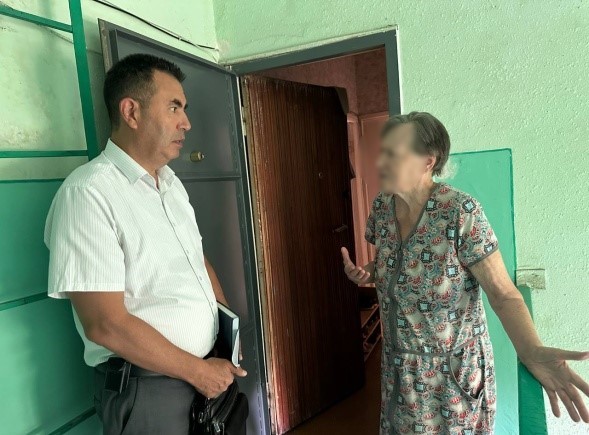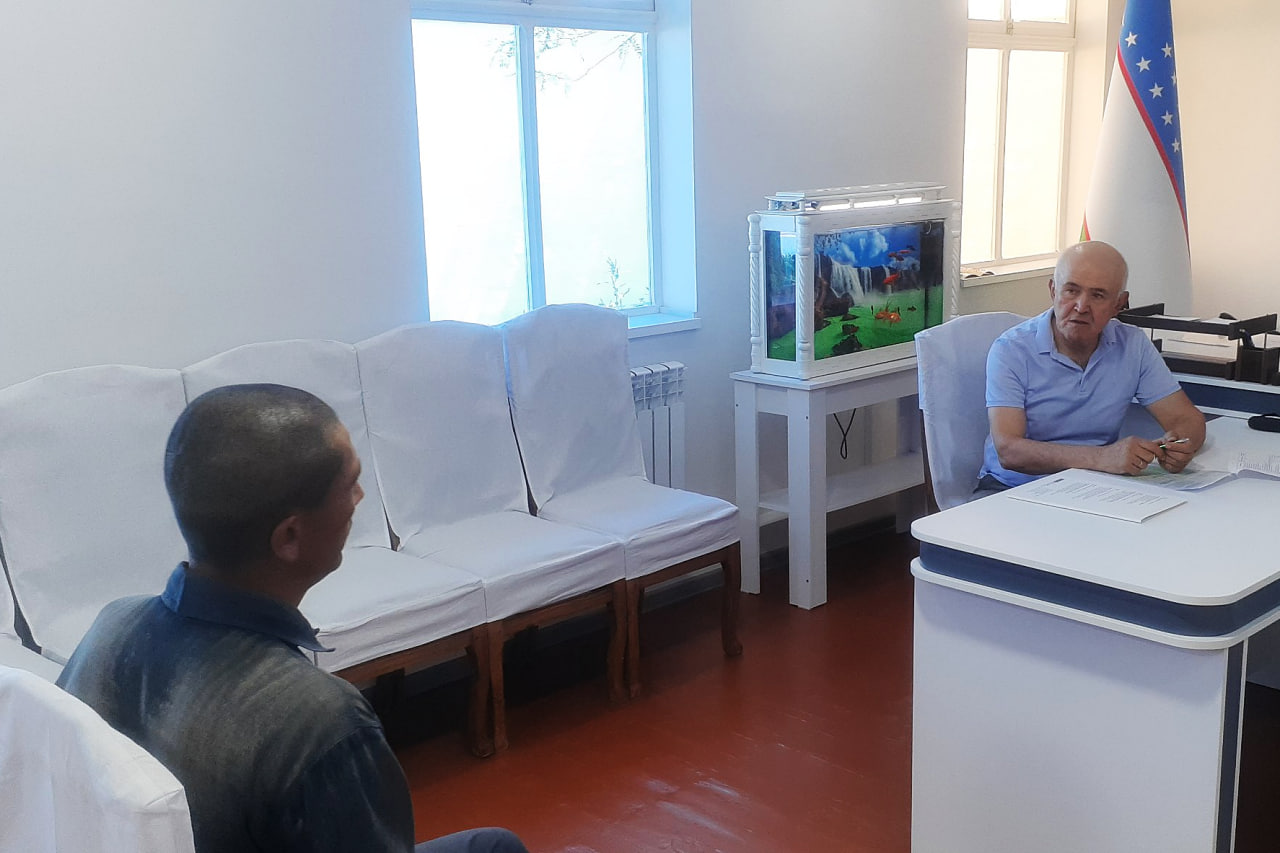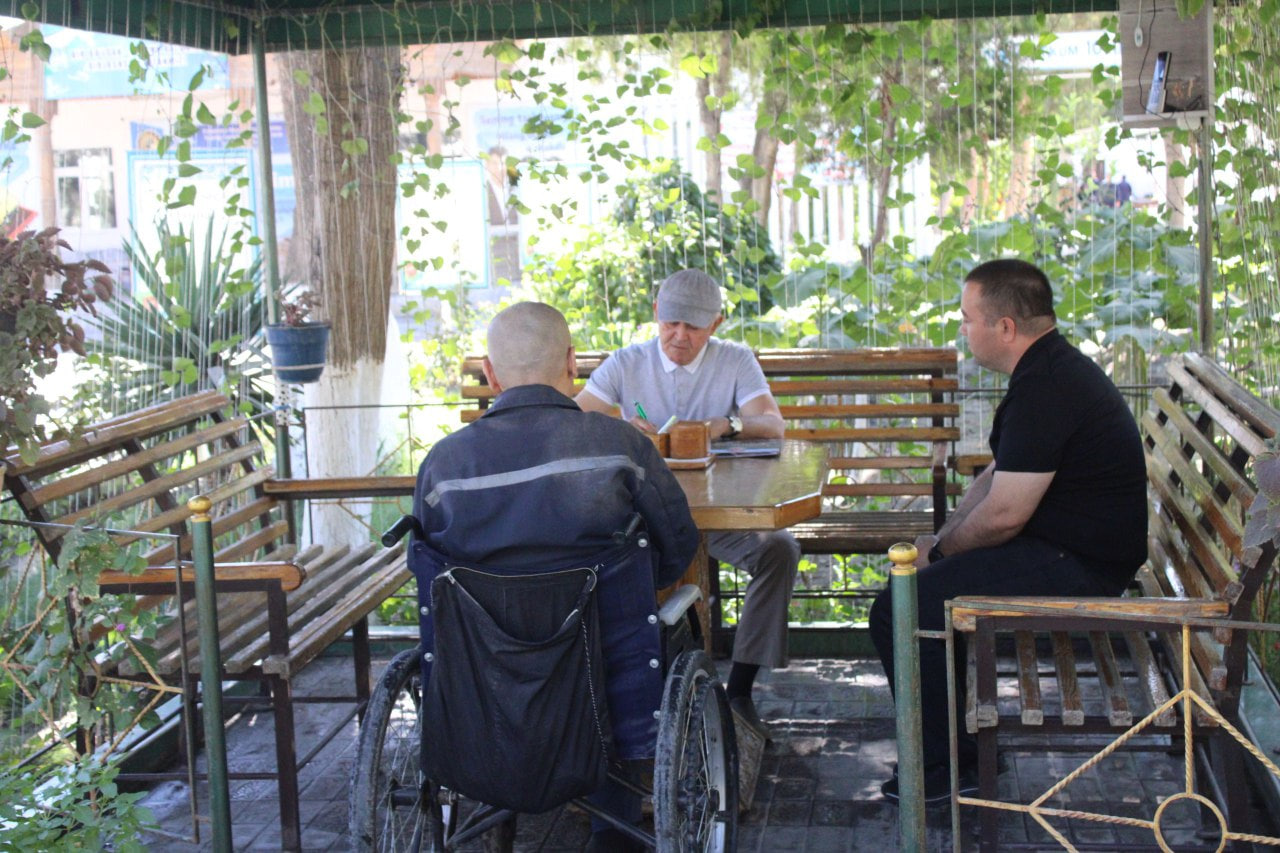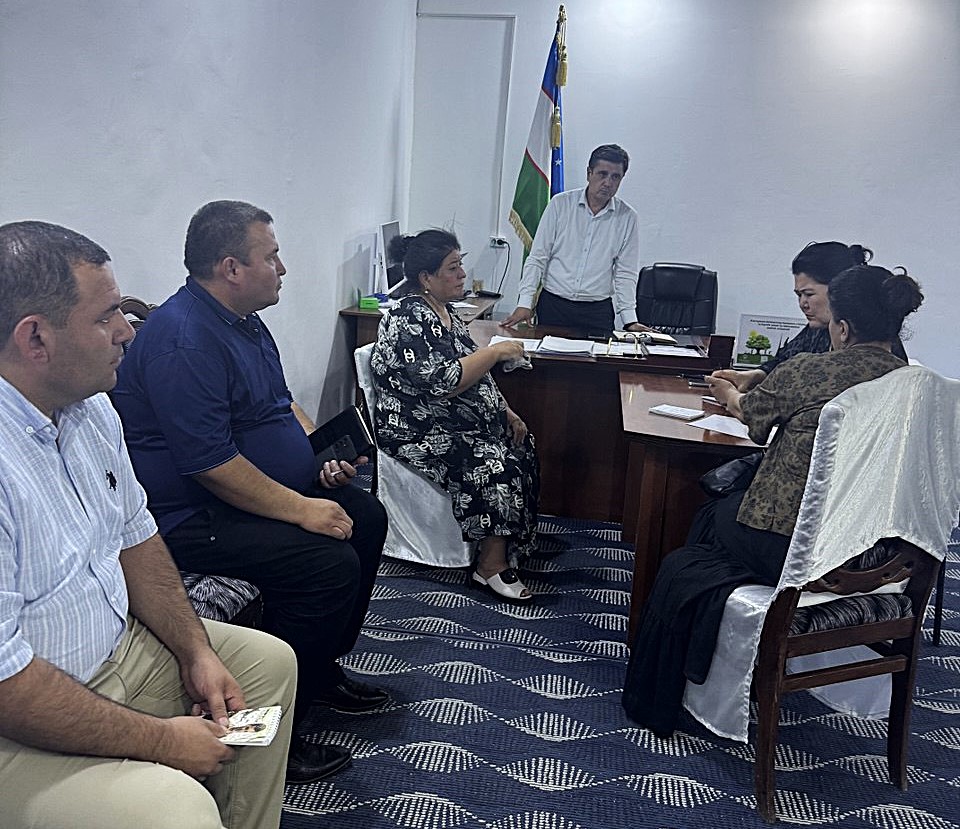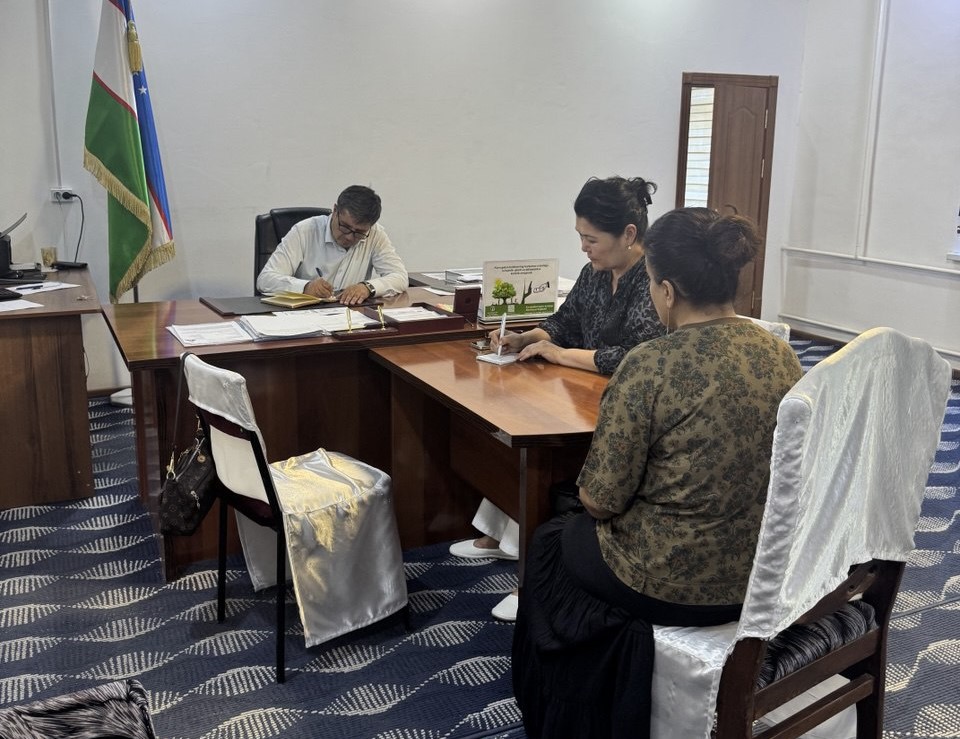During such inquiries, discussions are held with relevant organizations and responsible officials regarding the issues raised in the appeals. Legal explanations are provided, ambiguities are identified, and solutions are found. For instance, a citizen named E.N. reported that she had been working as Deputy Director for Spiritual and Educational Affairs at Secondary School No. 4, but in the official database, she was mistakenly registered as an employee of an LLC, which prevented her from receiving her vacation pay. The Ombudsman's regional representative in Kashkadarya region studied the matter on-site as part of a working group, and the discrepancy in the database was corrected. As a result, she was reinstated in her position and received her vacation pay.
In some cases, however, the claims in the appeals were not confirmed. For example, in response to an appeal by a resident of Tashkent stating that their “peace and quiet was being disturbed,” the Ombudsman’s regional representative in Tashkent conducted an on-site inspection. Interviews with neighbors and local community activists revealed that the claims were unsubstantiated. It was also found that the same individual had previously submitted similar appeals, and noise level checks with special equipment had been carried out but had not confirmed the complaint. Legal clarifications were provided to the applicant.
Additionally, five appeals submitted by convicts held in correctional colonies No. 4, 5, and 11 in Navoi region were also studied on-site. To thoroughly examine the issues raised in the appeals, personal data of the applicants were requested from the colonies’ medical and other relevant services. Based on the analysis of the collected information, conclusions were drawn for each appeal, and official responses were sent to the applicants within the timeframes established by law.
Press Service of the Commissioner of the Oliy Majlis for Human Rights (Ombudsman)













